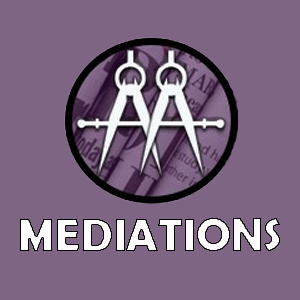Librarians at the Stake: Genderized Knowledge Work and...
Room: 4130 (or Zoom)
"Librarians at the Stake: Genderized Knowledge Work and the Modern Witch Hunt"
Presented by LIS PhD student Selena Gignac as part of the 2024/25 Mediations Lecture Series.
All are welcome.
Attend in-person: FNB 4110
Attend online: Zoom link
Abstract: In this talk, I explore the connections between historical public accusations of witchcraft and the current attacks on librarians in North America, examining how both act as public spectacles of control. Through the archetypes of Maiden, Mother, and Crone, I’m unpacking how public librarians embody forms of genderized power that have historically sparked fear and resistance in Western patriarchal societies. I sue the term genderized to describe how public librarianship has been socially constructed as feminized labour – regardless of individual gender identity. Interlocking systems of patriarchy, capitalism, white supremacy, and class stratification have all historically coded public knowledge roles (as opposed to academic knowledge roles) as feminine.
Society says we can have servitude like the Maiden, but with compliance, not agency. We may nurture as the Mother, but never be protective in ways that challenge power. And we may be wise as the Crone, but reflective, not resistive. When librarians step outside of these narrow roles, we become seen as dangerous. Though libraries themselves have long been sites of contestation, what we’re seeing now is an alarming shift where the institution is no longer the target of protest, but the people who work within it. As fascist politics grow bolder, the public librarian is increasingly viewed as a threat to cultural control. Public spectacles such as book challenges, protests, and boardroom takeovers all act as contemporary witch burnings, intentionally designed to enforce knowledge work to serve systems of power. These are not isolated incidents. They’re part of a broader political project that weaponizes moral panic and uses spectacle to silence dissent. Understanding how Western librarianship is shaped by, and punished for defying, these three symbolic identities, is essential if we’re to navigate what comes next. “Good trouble” arises when librarians start to define these roles for ourselves and decide whether we will simply survive the fire at the stake or refuse to burn at all.






